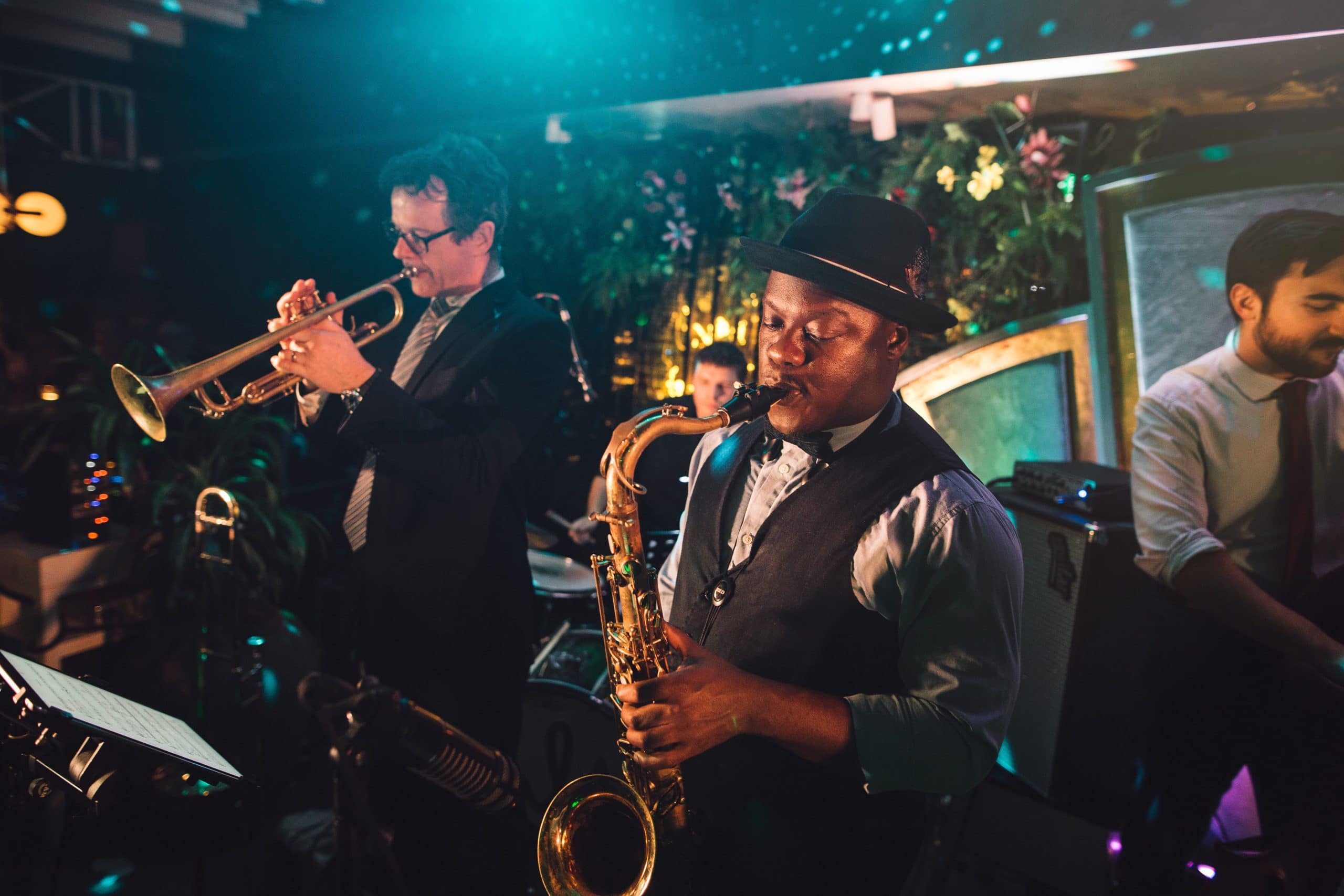When I changed schools in sixth grade, I was forced to partake in that miserable middle school dilemma of choosing electives. After a couple of weeks hating Band, I transferred to Chorus instead. I had always gotten compliments from adults on my singing, and the truth is singing is just easier than developing calluses or learning how to blow properly into a noise tube.
Alas, even Chorus required me to learn to read music, which I hated and then became decent at thanks to various dedicated choir directors. I ended up taking seven years of choir electives–through high school graduation–as well as joining my church’s contemporary band way past school into my thirties.
I learned some years ago that when a choir sings together, their heartbeats synchronize. That just amazed me, but after so many years singing with people, it feels perfectly natural that this would be the case. During my years with my first church band, we were a ragtag group of different ages and backgrounds, a real motley crew that hardly belonged together. And yet, we had a deep bond and a sense of unity, because week after week, there we were playing music together for hours. There’s a flow that takes over when you’re listening closely to one another and creating something together that’s more than the sum of its parts. You rely upon others, and they rely on you. You can oversimplify what’s happening as teamwork–an incredibly valuable human endeavor–but from a spiritual standpoint, it’s co-creation.
As a teacher, I’ve been both a victim of and party to schemes to build camaraderie and bonds. We spent two or three days with middle school girls at camp in the first quarter of school, while our administration brainstormed a version of this same exercise for the faculty. I’ve also volunteered and worked for churches where the frequent question was, “How do we get people to get invested and involved?” In my limited experience, the pivotal element is letting people create something together.
I use “create” loosely; I’m not necessarily talking about dioramas or tie-dye. But working to solve a problem, to invent something, to make a silly movie, to put together a meal–those are forms of co-creation. And they bring people together in deeper ways than simple socializing.
When a couple raises a child, that is co-creation, whether or not they biologically created the child together (though that’s an additional layer). When partners start a business, that’s co-creation. A small startup is one of the most intense environments you’ll ever walk into. A restaurant kitchen. An orchestra. A ballet.
Think of the way those endeavors tie people together deeply. The need for one another is unavoidable, and it’s when we try not to need each other that things start to go wrong.
Improv. Can you imagine improv without a co-creative spirit, without relying on one another and taking each other’s contributions? Or football, or any team sport. The cast or team or troupe totally in sync with one another has a magical chemistry. It draws not just the eyes of others, but their hearts.
Co-creation extends to community. With churches growing smaller and their members less interested, the community-building aspect is the church’s best hope of continuing to make an impact and connecting people with God. (Read the fascinating Church Refugees study, if this topic interests you.) Creating community is a team effort that requires vulnerability, commitment, and shared purpose. It also benefits from humility, attention, and openness.
Whether you’re feeling disconnected from others or want to build bonds within a specific context, activities like making a meal together, organizing a philanthropic event, painting a mural, planting a garden, putting on a play, or coordinating a 5K all lend themselves to making a meaningful life together. Yes, we need our solitary pursuits–reading, writing, meditating, walks alone with God–but they are insufficient to build a full life when we are made in the image of a creative and relational being.
(Also check out the Gottman Institute’s thoughts on creating shared meaning for couples, families, or anyone!)
Reality Changing Observations:
1. What co-creation experiences are in your past or present? How have they made you feel or impacted your life?
2. Who are the people you’ve created with? How do you feel about them?
3. Are there any strained or flat relationships in your life that you’d like to revitalize or give more attention to? How could co-creation be a part of that?






